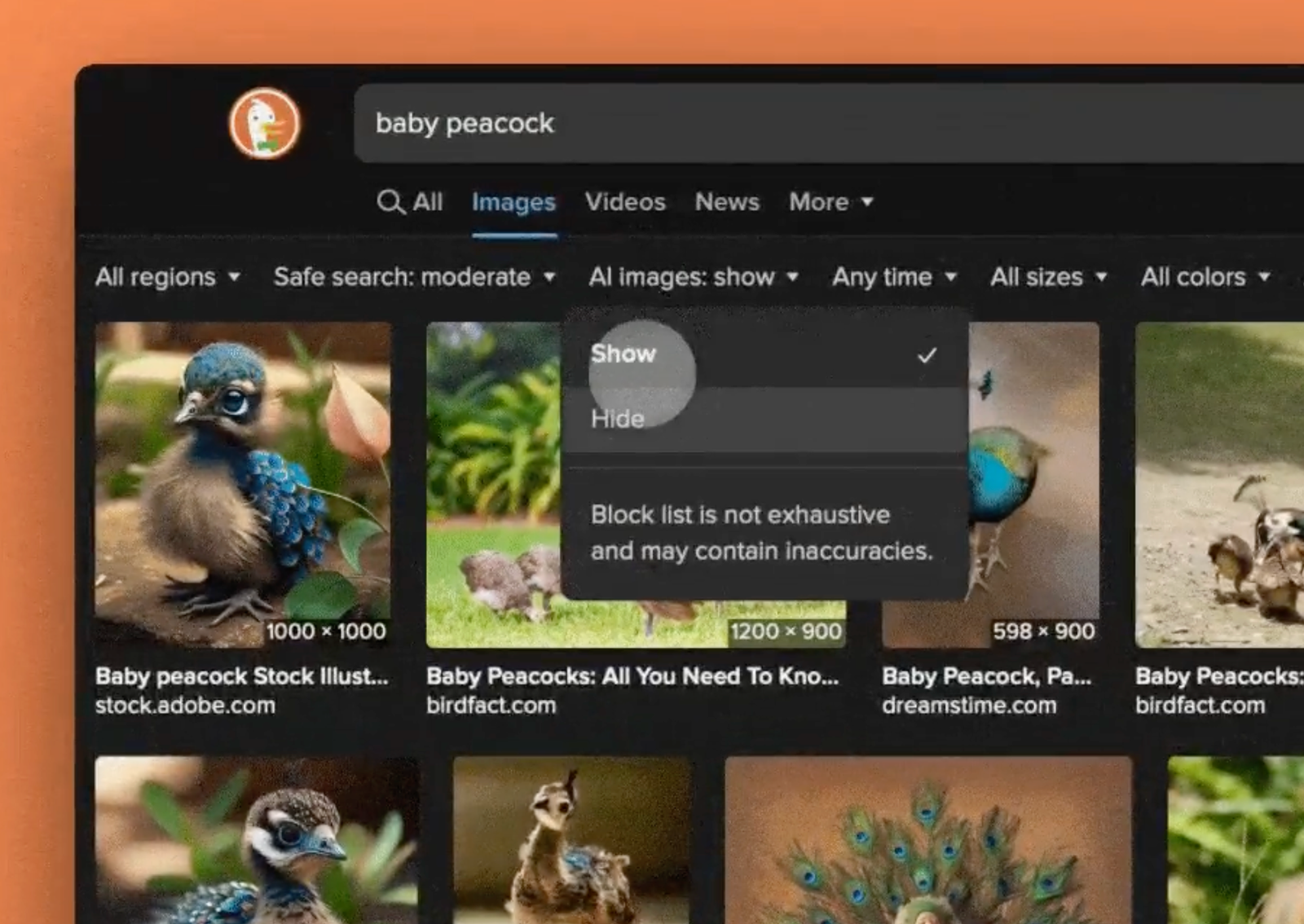DuckDuckGo Launches Feature to Filter Out AI-Generated Images from Search Results
Responding to increasing user requests, DuckDuckGo has introduced a new option that allows users to exclude AI-generated images from their search results. This enhancement is designed to improve the browsing experience by reducing the clutter of synthetic visuals, wich many users find distracting when looking for authentic photographs.
Steps to Enable the AI Image Filter on DuckDuckGo
Activating this feature is straightforward: after conducting a search, navigate to the Images section where a new drop-down menu labeled “AI images” appears. Users can switch between showing or hiding pictures created by artificial intelligence. For those who prefer consistency, this setting can be locked in permanently through the search preferences under “Hide AI-Generated images.”

The Growing Problem of Synthetic Visual Content online
The digital landscape has recently seen an explosion of what some call “AI noise,” referring to low-quality media generated by automated tools.This flood complicates efforts for users seeking genuine and high-resolution imagery amid an overwhelming volume of machine-made content.
DuckDuckGo’s solution incorporates robust open-source blocklists like uBlockOrigin’s “nuclear” list and uBlacklist’s extensive Huge AI blocklist. Although these resources don’t guarantee complete elimination of all synthetic images, they substantially decrease their frequency within search outcomes.
Looking Ahead: Future Plans for Enhanced Filtering
The company has shared intentions to broaden its filtering options but has not yet revealed specific timelines or additional functionalities. This initiative aligns with a wider industry movement focused on boosting content reliability and giving users greater control over what they encounter online.
A Practical Illustration: Filtering Baby Peacock Image Results
This update arrives amid previous debates about baby peacock image searches where certain platforms predominantly showed artificially generated photos rather than real ones. By enabling users to opt out of such synthetic visuals, DuckDuckGo addresses widespread concerns about misleading or irrelevant imagery that have frustrated global audiences.





